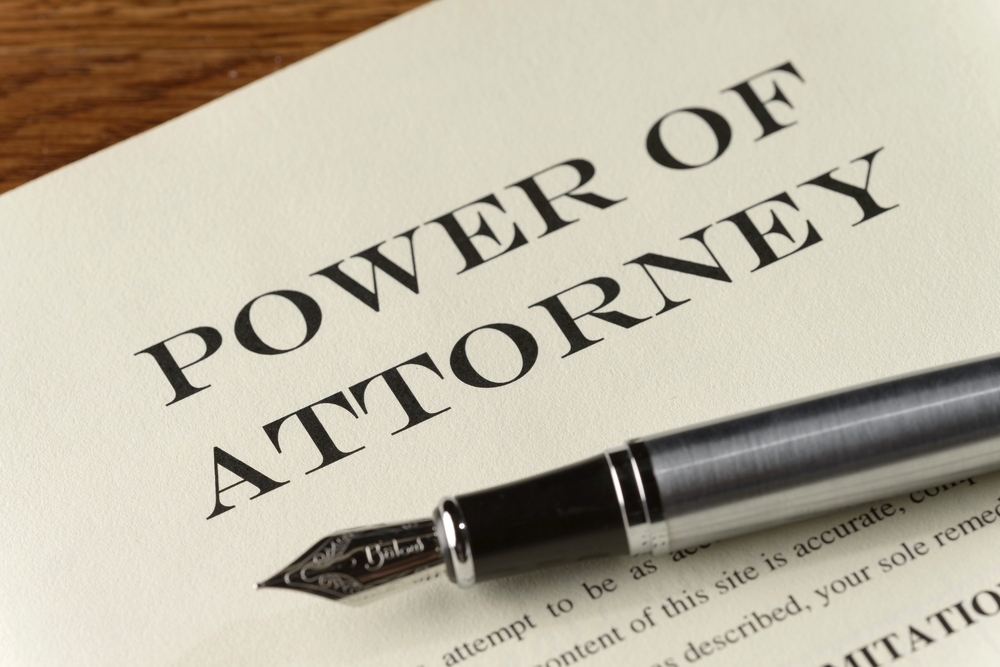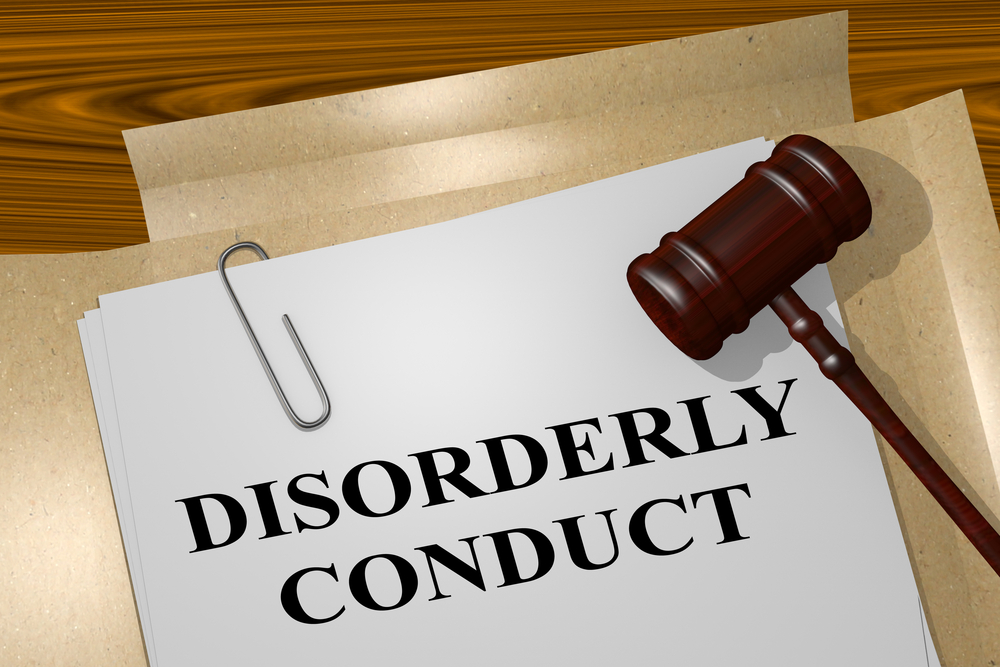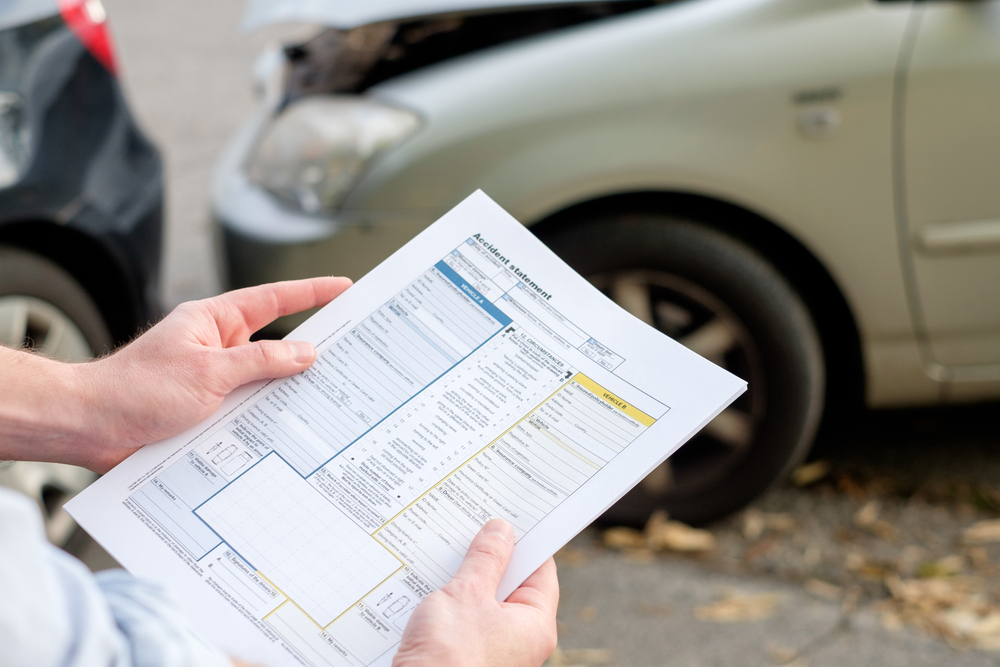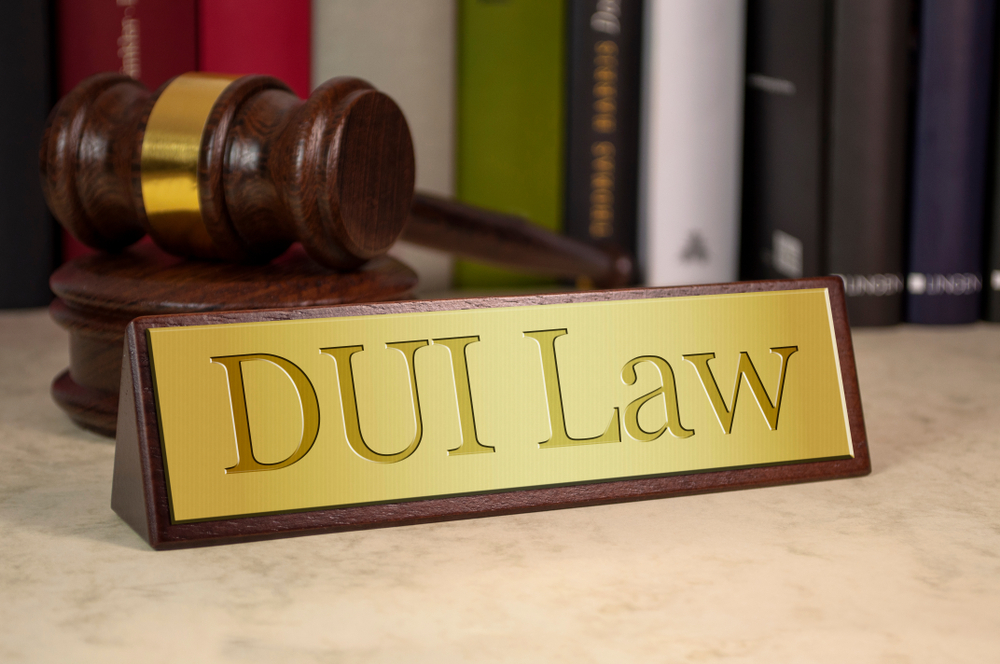Every year, many Maryland residents are arrested on DWI charges despite errors made by officers during the arrest. The police will not tell you if they make a mistake, which means that many of those residents never end up learning that the circumstances or procedures related to their arrest were not legal. What are some of the common mistakes that officers make during DWI arrests?
5 Common Mistakes Police Officers Make During DWI Arrests
- Lack of Probable Cause: This is one of the leading mistakes made during arrests, and it is also common during DWI arrests. For example, if you were simply walking home at night, that should not be cause for suspicion. Every arrest requires probable cause that can then lead to questioning and the search of your person. Without probable cause, the arrest could be illegal.
- Misconduct During the Arrest: Unfortunately, some police officers can be overly physical or aggressive during an arrest. The same can occur during DWI arrests. If you are resisting arrest, officers can use a certain amount of force to subdue you. However, if you are cooperating, there are limits as to how they can handle the arrest. Verbal misconduct is also not permissible. Police officers must conduct themselves professionally, and violations of that during DWI arrests can strengthen your case.
- Miranda Rights: Did you know that you must be read your Miranda Rights before you are arrested? In some cases, officers forget to read the person being arrested their Miranda Rights or intentionally skip them.
- Faulty Tests: While this isn’t necessarily the fault of the police officer, faulty field sobriety tests during DWI arrests can lead to illegitimate results. All field sobriety tests must be administered in accordance with guidelines issued by the National Highway Traffic Safety Administration. Breathalyzers are prone to both human and mechanical error. If there were problems with the tests used to determine whether or not to complete DWI arrests, the case could play out differently.
- Failure to Show: Even though this occurs after DWI arrests have already taken place, a failure to show at a court hearing or trial could lead to dismissal. If the officer that conducted your arrest fails to prepare for trial or show up in court, it could change the outcome of your case.
Contact Mobley & Brown, LLP for Help with DWI Arrests in Maryland
If you are searching for a criminal defense or disorderly conduct defense attorney in Maryland and unsure where to turn, contact Mobley and Brown, LLP today. Our experienced legal team will work with you to meet your needs. Call us now at (410) 385-0398.













